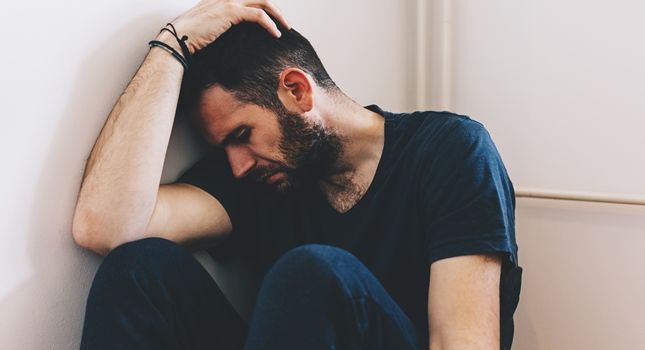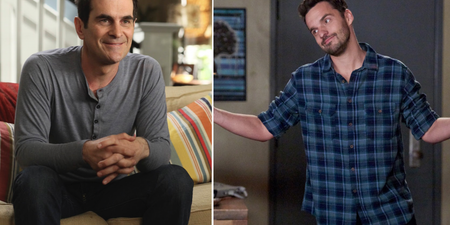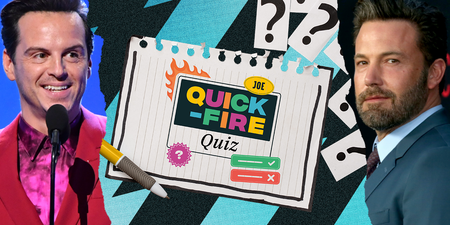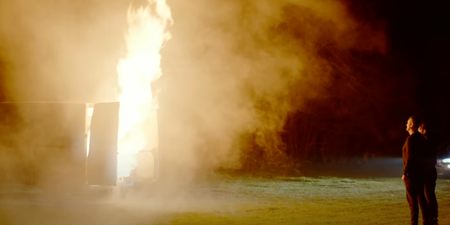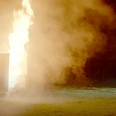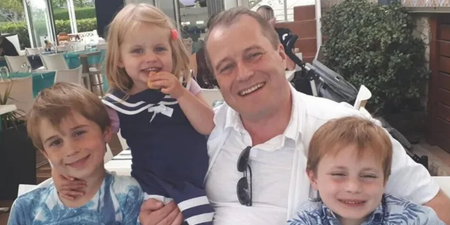Sponsored by Cosc
What would you do?
Although 88,000 men have been severely abused by a partner at some point in their lives, 95% of them won’t report it to the Gardai. The traditional ideologies of masculinity are no doubt part of what discourages them to speak up, but it’s important that any witnesses to such abuse know how they can help.
Research shows that 4 in 10 people in Ireland know someone who has experienced domestic violence. However, not knowing what to do when witnessing domestic violence is one of the main reasons why people give for not intervening.
Domestic abuse can be both physical and emotional, and can affect either men or women. Trust your instincts, but remember your goal is to de-escalate the situation, so a direct approach isn’t always the best course of action.
Know the signs
Firstly, you should be aware of the signs. Two telltale signs would be if you noticed someone you know was acting anxious around their partner, or if they are overly concerned about pleasing them. Other signals would be if they talk about their partner’s jealousy, or seem restricted in their access to things like money or visiting friends and family.
Unfortunately, bystanders to abuse between strangers have a limited amount of time to assess the
situation and decide how to best intervene. There are some warning signs that a situation might be
abusive.
If the person suspected of being an abuser is: acting excessively jealous of their partner; insulting
or embarrassing their partner in public; or yelling at or trying to intimidate their partner.
Or, if the person suspected of being a victim is: acting afraid of their partner; acting submissive;
showing physical injuries, or wearing unusual clothing as if to hide an injury.
How to help
If you become aware of any of these signs, it might be a good idea to simply check in on them to see if everything is alright. Don’t jump to any conclusions though, coming across as judgemental can make them less likely to confide in you.
Just asking “are you alright?” can be the perfect way to get someone to open up. Try to understand that domestic abuse is often a result of someone trying to exert control over their partner’s lives, so speaking up can be a very difficult step for the victim to take.
Always try to avoid escalating the situation. Stepping in immediately can put your own life in danger, as well as make it more likely that the abuser will take out any frustrations with their partner behind closed doors.
A good alternative if you think there is an immediate danger is to simply distract the abuser. Ask what time it is, or for directions somewhere. If you can get a moment to talk to the victim, try check in on them to see if they are in immediate danger. Don’t hesitate to call the Gardaí on 999 if you think someone is in danger.
Support
Support and advice are two different things. Although it might seem like the only logical solution to you, leaving an abusive partner is the most dangerous time for the victim.
Stay on the victim’s side, offer them support and avoid coming across as too judgemental. If you push too much, they will be less likely to turn to you next time they’re in a similar situation.
Before you get involved, ask yourself if it’s safe and legal to intervene. If the situation is already violent or looks like it’s escalating quickly, don’t directly intervene. Call the Gardaí on 999. The only effective bystander intervention is a non-violent one. If you try to “rescue” a victim or fight off an abuser, you’ll not only endanger yourself, but the abuser may take out their anger on the victim later. The victim could end up more isolated and less likely to seek help later on.
If you think you’ve witnessed domestic abuse of any sort, learn how you can help by visiting Whatwouldyoudo.ie. For emergency cases where you think someone might be in danger, contact the Gardaí on 999.
Sponsored by Cosc
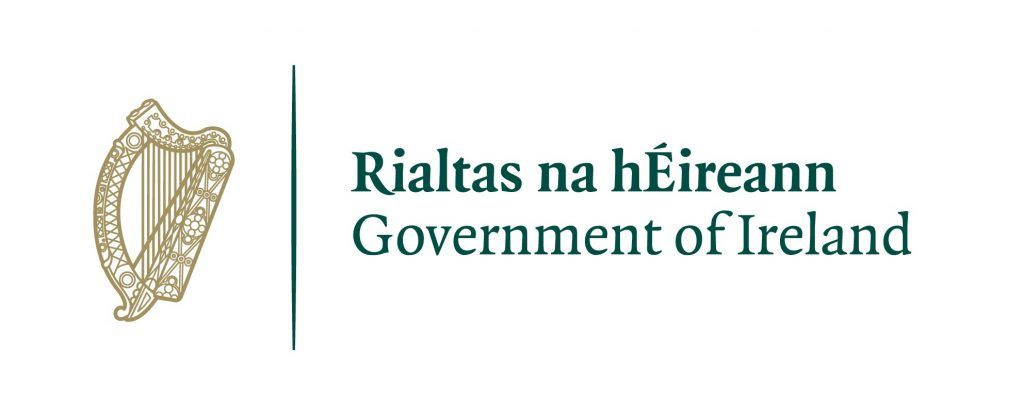
LISTEN: You Must Be Jokin’ with Aideen McQueen – Faith healers, Coolock craic and Gigging as Gaeilge
